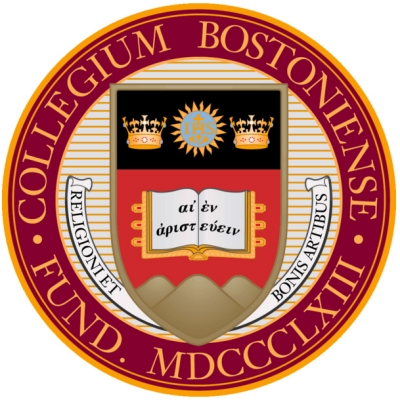
By
Boston College has appealed a federal court ruling that it turn over material from a Northern Ireland oral history project, and is likely to have the case heard in June.
The University filed an appeal Feb. 21 challenging the US District Court decision on Jan. 20 that ordered BC to turn over transcripts and recordings of interviews with seven participants in the Belfast Project, an oral history project researching “The Troubles,” a period of sectarian violence in Northern Ireland.
In a statement issued after the filing of the appeal, University Spokesman Jack Dunn said, “The University is seeking further review of the court's order to ensure that the value of the interviews to the underlying criminal investigation by the Police Service of Northern Ireland outweighs the interests in protecting the confidentiality of academic research materials."
Dunn explained that BC has reserved the right to appeal throughout the case and did not immediately appeal the court’s initial decision in December “because the court both accepted Boston College's argument that government subpoenas for confidential academic materials requires heightened scrutiny, and agreed to review the materials in camera to help protect the significant interests at stake.
"In its appeal, Boston College will argue that the District Court incorrectly applied its own review standard when it demanded the production of the interviews of these seven individuals,” said Dunn, who is director of the Office of News & Public Affairs.
At issue is the relevance of the tapes to a British criminal investigation of the 1972 abduction and murder of Jean McConville, a Belfast mother of 10. The Irish Republican Army admitted to killing McConville because she was suspected of being an informant.
At BC’s request, US District Court Judge William Young reviewed the subpoenaed tapes to determine their relevance to the investigation and ordered that they be turned over to British law enforcement. Young has said that he reviewed 176 transcripts compiled from interviews with 24 individuals, but only a handful even mention McConville.
"From the beginning, Boston College has asked Judge Young to weigh our interest in protecting academic research with the government's interest in meeting its Mutual Legal Assistance Treaty obligation with the United Kingdom," Dunn said. "Judge Young agreed to balance these competing interests. The University is now seeking further review of his order to ensure that the value of the interviews to the underlying criminal investigation outweighs our interest in protecting the confidentiality of academic research.
"In the subsequent review of the remaining IRA tapes, Judge Young ordered that seven of the tapes were relevant to the criminal investigation and ordered that they be turned over to British law enforcement," Dunn said. "These interviews appear to have limited probative value to the investigation, so we have sought a review of the judge's decision to determine if he incorrectly applied his own review standard when he ordered the production of these interviews."



